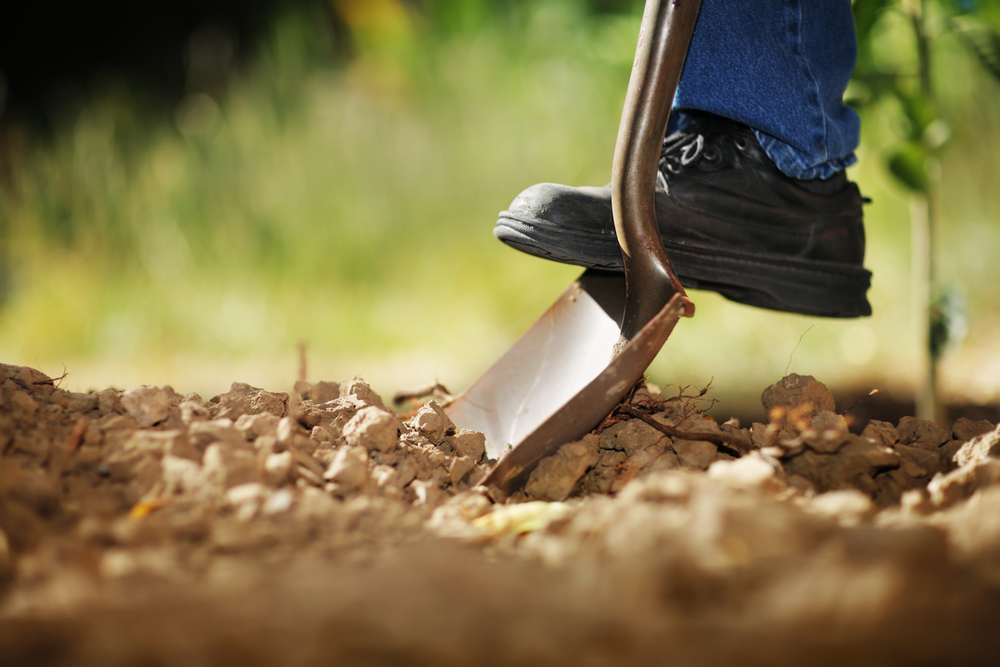Posted by Esther Roberts on 17th Jun 2021
What is Organic Gardening?

Like the word natural, the word organic gets tossed around a lot. But what does it mean to practise organic gardening? Organic gardening is essentially gardening without using synthetic products like fertilizers and pesticides. It involves the use of only natural products to grow plants in your garden.
The benefits of organic gardening
Organic gardening comes with many benefits. Organic gardens cultivate an ecosystem that involves feeding the soil, encouraging wildlife, and getting creative with nature’s pest and disease controls. It’s cheap, it’s practical – and it’s good for plants, people and communities. Plus, growing organic fruit and vegetables is the best way to be sure that you’re supplying the purest, highest-quality foods to your family.
How to start an organic garden
Good soil is key to organic growing. Fertile soil provides the home for millions of bacteria, which are essential for healthy plant growth. Soil also holds air and water which gives it a good structure (not compacted or waterlogged) and good texture (not too heavy or light). This allows plants to put down roots, to absorb water and nutrients, and encourage strong growth.
Organic gardeners also withhold from using pesticides and use natural bug control methods. Many organic growers, and even some who are not, plant their crops in certain combinations in order to repel pests.
Throughout the year, organic gardeners collect their household waste and yard clippings to use in a compost bin. Compost bins are a cheap and easy way to create your own natural compost. This bin is turned regularly in order to facilitate decomposition. Early in the growing season, the organic gardener will work the compost into the garden plot, thus enriching the soil with the natural ingredients needed for a rich growing bed.

